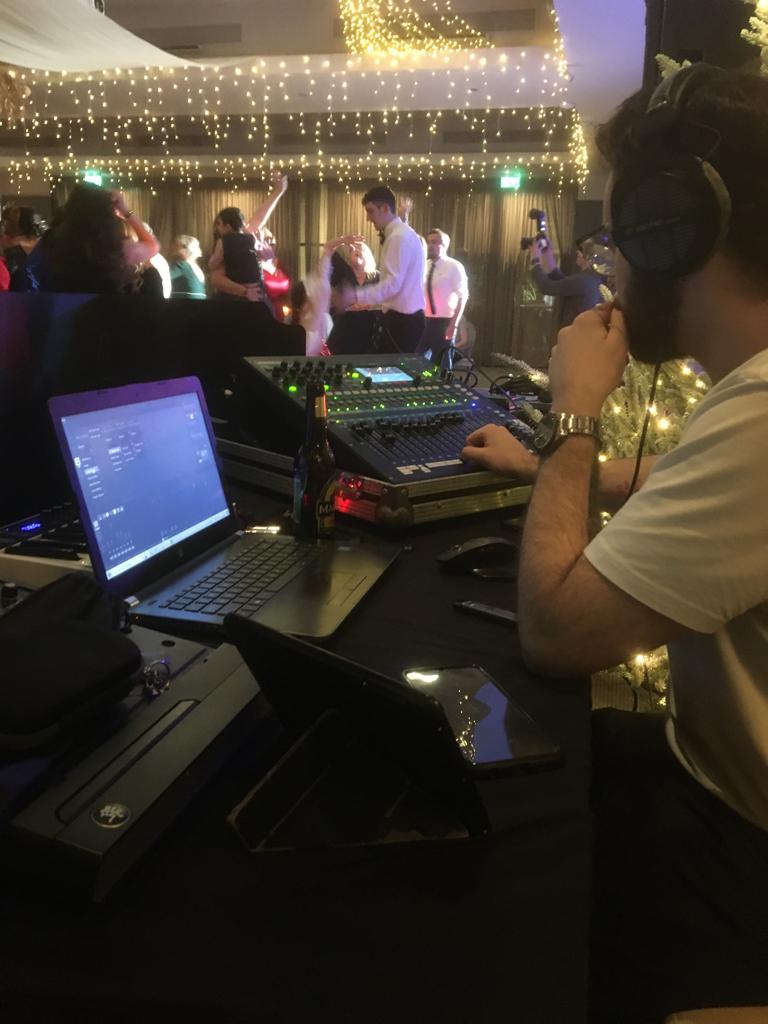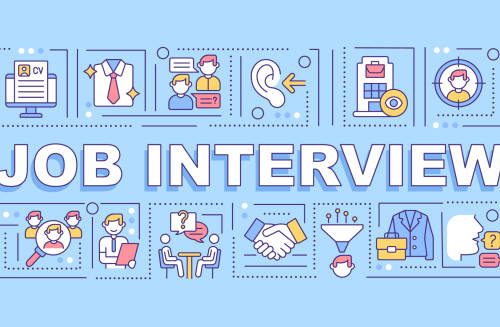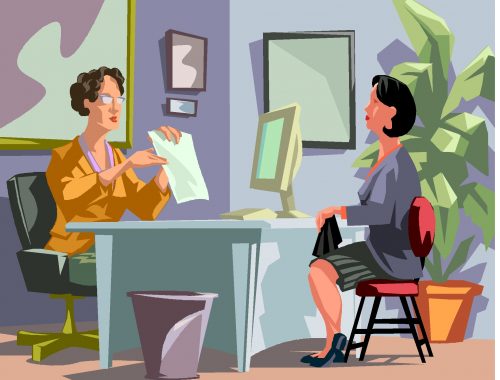“Failure to Prepare is Preparing to Fail”
Reflective Analysis Journal
Live Sound Engineer Interview Simulation
The purpose of this reflective analysis journal is to evaluate my performance during a simulated interview for a live sound engineer position, using Boud’s method of reflection. This method involves examining the content of the interview questions, reflecting on my experiences and skills, evaluating my presentation, and summarising my overall performance.
Content of Interview Questions
During the simulated interview, I was asked various questions relating to my knowledge of the equipment and technologies used in live sound engineering. The interviewers were interested in learning more about my hands-on experience with different types of equipment and how I approach technical challenges in my work. In reflecting on the content of the interview questions, I feel that I demonstrated my expertise in this area effectively. I was able to provide detailed answers that showcased my understanding of the various types of equipment used in live sound engineering and how they work. I also discussed my experience using different types of equipment and the various challenges that I have faced, and how I have overcome them.
One of the questions I was asked was about my experience with setting up and operating sound systems for live events. I was able to discuss my previous experience with setting up and operating sound systems for different types of events, such as concerts, festivals, and theatre productions. I also discussed my knowledge of the different types of equipment used in live sound engineering, including mixers, amplifiers, speakers, and microphones. Additionally, I spoke about my experience troubleshooting technical issues during live events, and how I have been able to resolve them quickly and effectively. The rating of 4 out of 5 for the interview questions’ content suggests that I effectively communicated my knowledge and experience in this area.
Reflection
Reflecting on my experiences and skills, I am proud to say that I was able to effectively relate them to the position of a live sound engineer. I emphasized my passion for the field and my ability to work effectively under pressure, citing examples of how I have successfully managed challenging situations in previous projects. I discussed how my experience working in live sound engineering has allowed me to develop strong technical skills and the ability to work effectively as part of a team.
One of the questions I was asked was how I approach working with clients and other members of a production team. I was able to discuss my experience working with clients and other members of a production team, and how I have been able to effectively communicate and collaborate with them to achieve the desired sound quality. I also spoke about my ability to work under pressure, and how I have been able to remain calm and focused even in high-pressure situations. The peer review’s rating of 5 out of 5 for my reflection suggests that I was able to effectively demonstrate my experiences and skills in a relevant and meaningful way.
Presentation
In terms of my presentation, I was mindful of my body language and made a conscious effort to maintain good eye contact with the interviewers throughout the interview. While I was a bit nervous at the beginning, I was able to overcome this, and my pace of speech became more natural as the interview progressed. I also made sure to articulate my answers clearly and concisely and to speak confidently and professionally.
I am aware of the importance of body language and nonverbal communication during an interview, and I made a conscious effort to present myself confidently and professionally. I sat up straight, maintained good eye contact with the interviewer, and made sure to smile and nod in a supportive and engaged manner. The peer review’s rating of 5 out of 5 for my presentation indicates that.
Conclusion
In conclusion, the simulated interview for the live sound engineer position provided me with an opportunity to reflect on my knowledge, experiences, and skills in this field. The content of the interview questions allowed me to demonstrate my expertise in the equipment and technologies used in live sound engineering, and my ability to effectively communicate my hands-on experience with these technologies. My reflection on my experiences and skills showed that I am passionate about this field and can work effectively under pressure. Finally, my presentation during the interview demonstrated my confidence and professionalism, and my ability to present myself positively and engagingly.
Overall, I am proud of my performance during the simulated interview, and I feel that it was a valuable learning experience. While there may have been some areas for improvement, the peer review’s positive feedback has given me confidence in my abilities and has motivated me to continue to develop my skills as a live sound engineer. This reflective analysis has also provided me with an opportunity to reflect on my strengths and weaknesses, and to identify areas for future growth and development. I believe this experience will be valuable as I continue pursuing my career as a live sound engineer, and I am grateful for the opportunity to participate in this simulated interview.



LESSONS LEARNED by Luke Darby
The Blabber Mouth...
You May Also Like

Job Interviews: Selling Yourself For A Pay Cheque
24 February 2023
BE A S.T.A.R 🌟
14 February 2023
